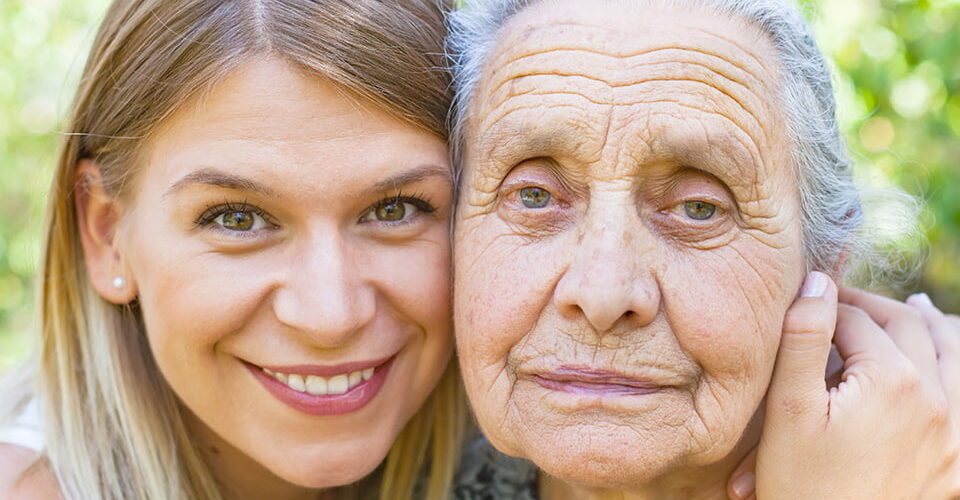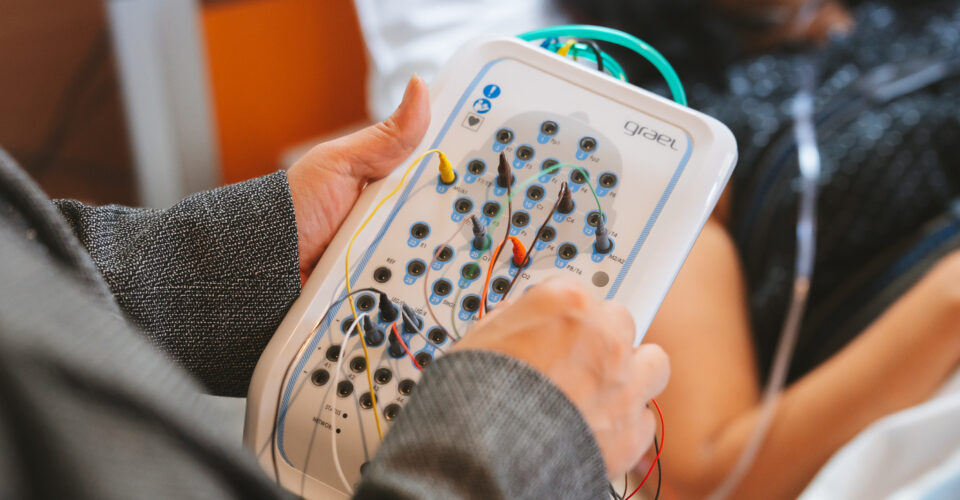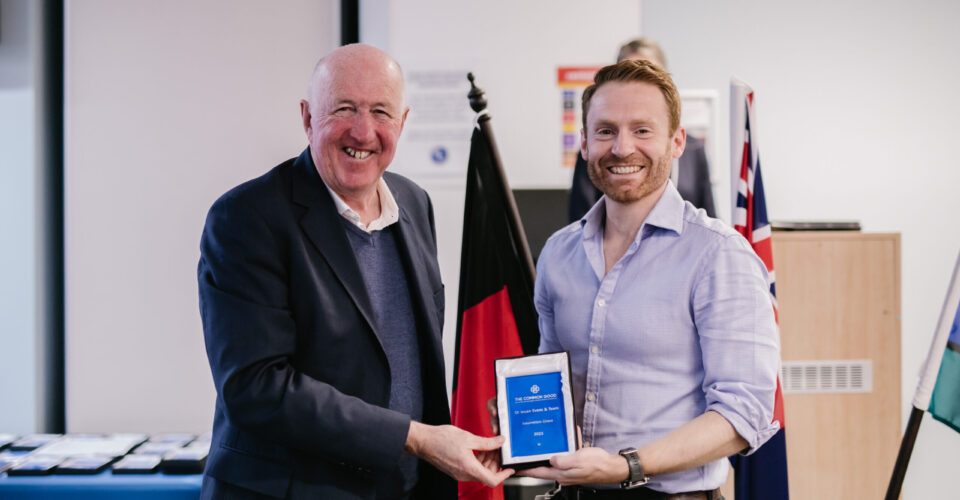When we think of dementia we usually think of Alzheimer’s disease, which is the most common form. However, a significant number of people are impacted by vascular dementia, a form of dementia caused when decreased blood flow damages brain tissue.
What causes vascular dementia?
There are two main types of vascular dementia, multi-infarct dementia and subcortical vascular dementia. Multi-infarct dementia is caused by a number of strokes whereas subcorticol vascular dementia affects areas deep within the brain and is caused by high blood pressure, thickening of arteries and inadequate blood flow.
How common is vascular dementia?
Vascular dementia is the second most common form of dementia and it is estimated that it accounts for as many as 15-20% of dementia cases. Some people have a combination of vascular dementia and Alzheimer’s disease.
What are the symptoms of vascular dementia?
The symptoms of vascular dementia can depend upon which part of the brain is impacted. If the part of the brain responsible for memory is impacted, then memory loss can be a symptom. However, generally the symptoms are more related to thinking processes than memory. In addition, changes to motor skills and behaviour can also be early signs.
Symptoms may include:
- Confusion
- Difficulty organising thoughts or actions
- Difficulty paying attention and concentrating
- Slowed thinking
- Difficulty in being able to analyse a situation and develop a plan
- Trouble understanding speech
- Problems with memory
- Bladder issues
- Depression or apathy
- Unsteady gait
- Restlessness and agitation
- Personality changes
- Hallucinations or delusions
Facts on vascular dementia
![]()
2nd most common form of dementia (after Alzheimer’s disease),
accounting for 15-20% of all cases of dementia
![]()
About 50% of cases of vascular dementia
are due to high blood pressure
![]()
Dementia (all types) is the leading cause
of death in women
![]()
Approximately 70% of people with dementia
live in the community
(Reference: Dementia Australia).
How does vascular dementia progress?
Unlike Alzheimer’s Disease, which tends to follow a progressive decline, vascular dementia often progresses in a step-like fashion. A person with vascular dementia will deteriorate but then their condition might stabilise or even appear to improve before the next decline. Sometimes this pattern means the diagnosis of vascular dementia can be delayed as family and friends may be unsure if something is really wrong or not. On average, though the overall decline for people with vascular dementia is more rapid than for those with Alzheimer’s disease.
Treatment
The main aim of treatment for vascular dementia is to treat any underlying conditions that are affecting blood flow to the brain to prevent any further damage from occurring. This means treating high blood pressure, cholesterol and diabetes (all risk factors for vascular dementia).
It is crucial for people to receive an early diagnosis as early treatment can slow the progression of the disease.
Prevention
All the things we know to do to keep our heart healthy will also help keep the blood vessels in our brain healthy, in turn, preventing vascular dementia. Effectively treating high blood pressure, diabetes and high cholesterol are key, as are quitting smoking, getting enough physical exercise and eating a healthy diet.
Dementia research at The Common Good
Research into dementia is one of the key areas that The Common Good support. To find out how you can further back dementia research, contact the Donor Care Team on info@tpchfoundation.org.au or call 07 3139 4636









